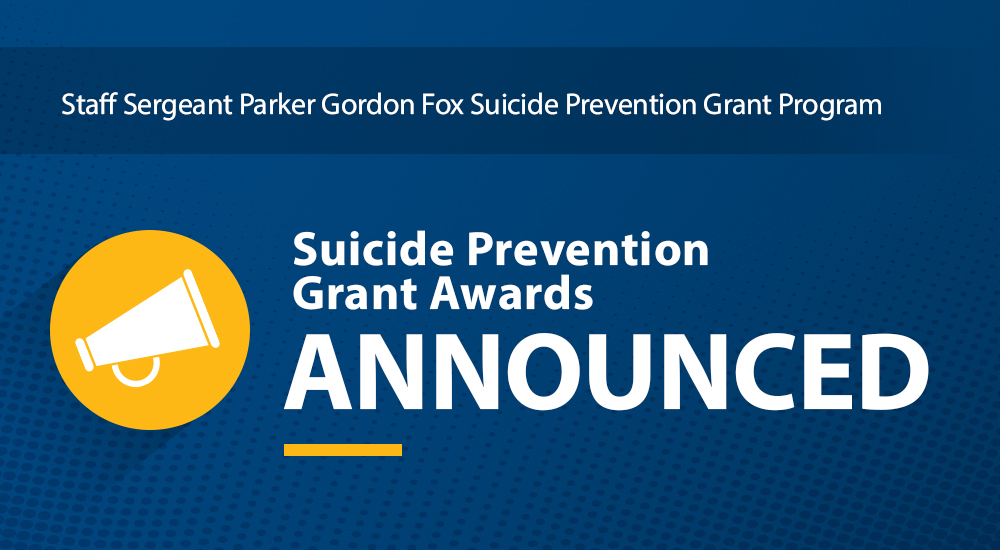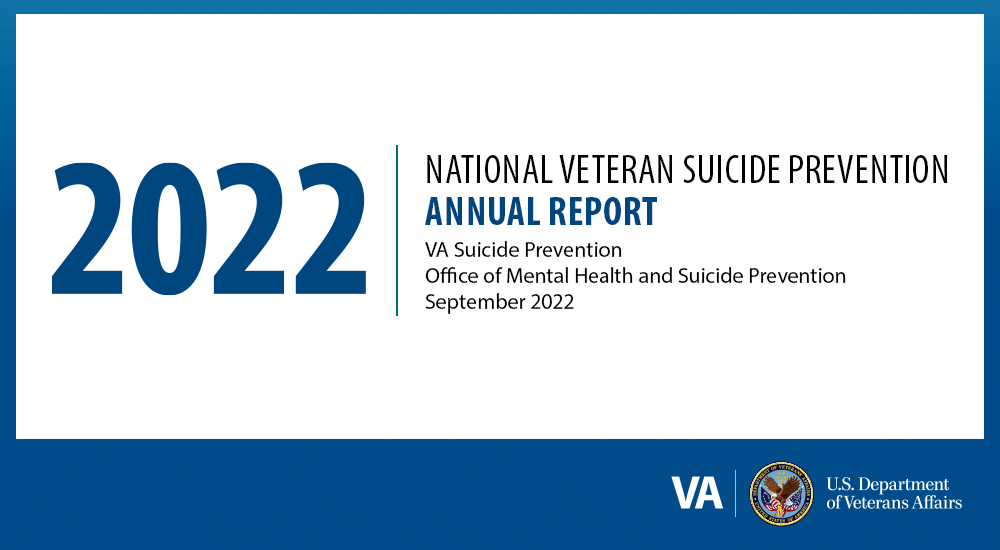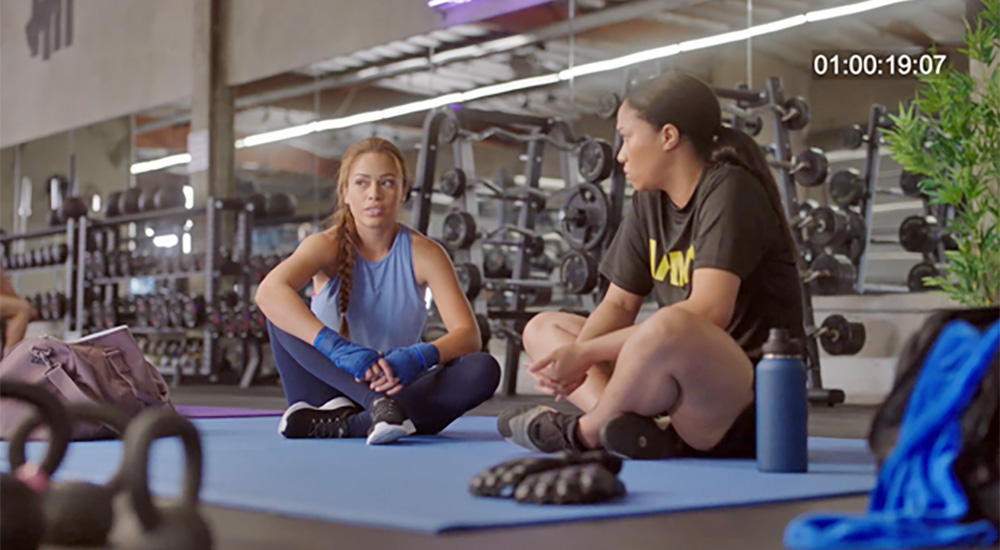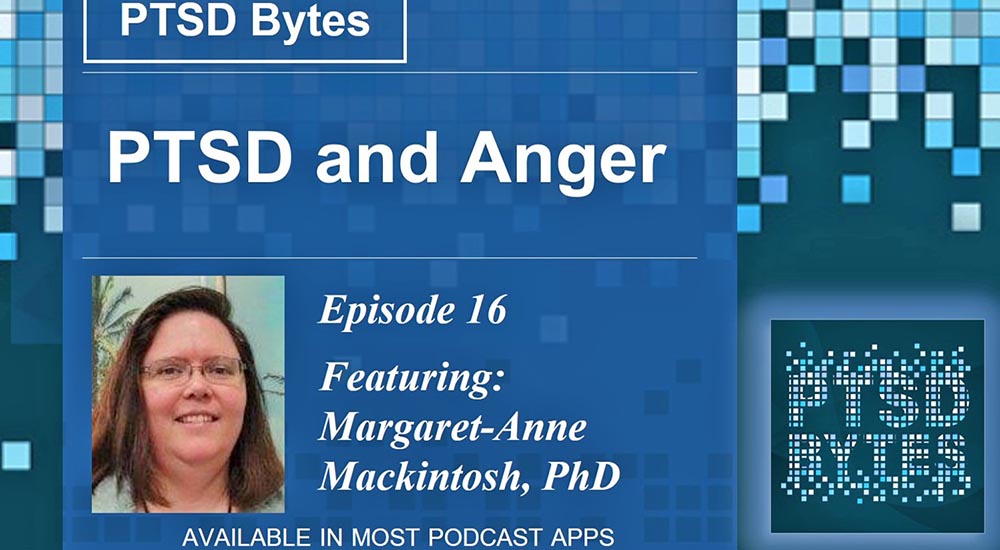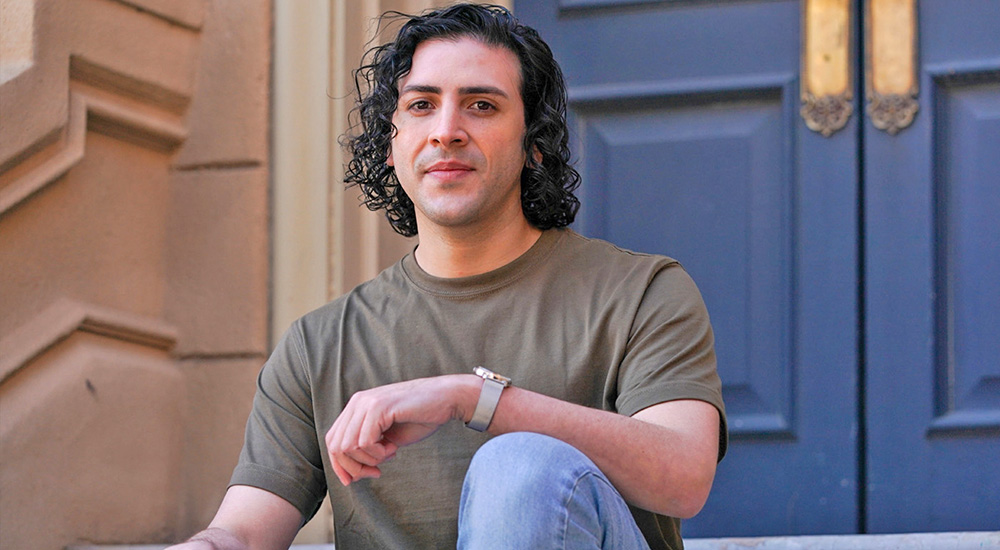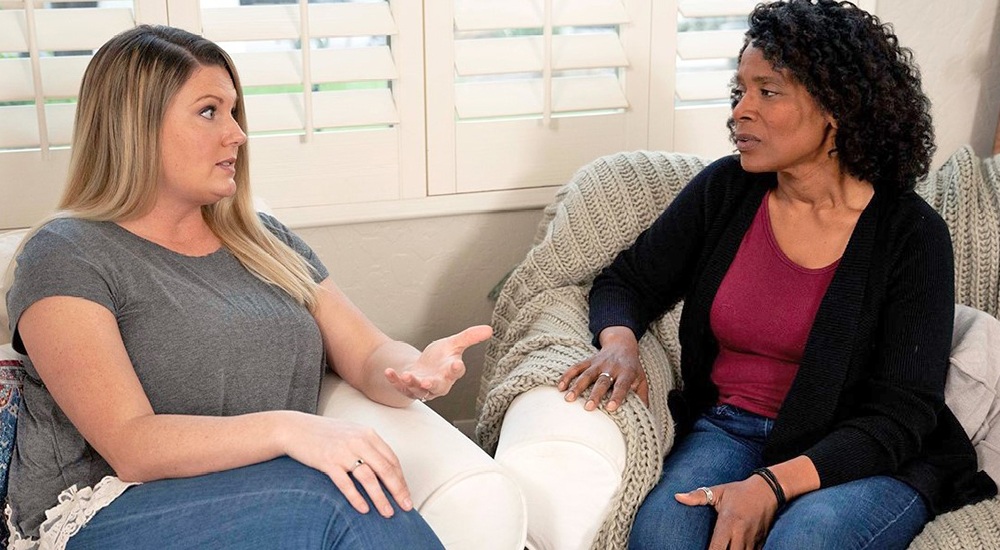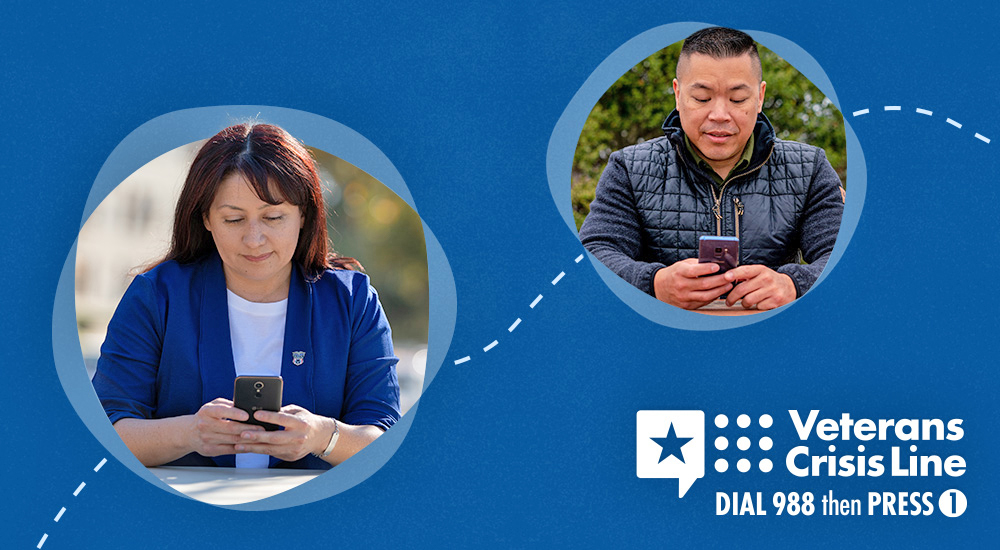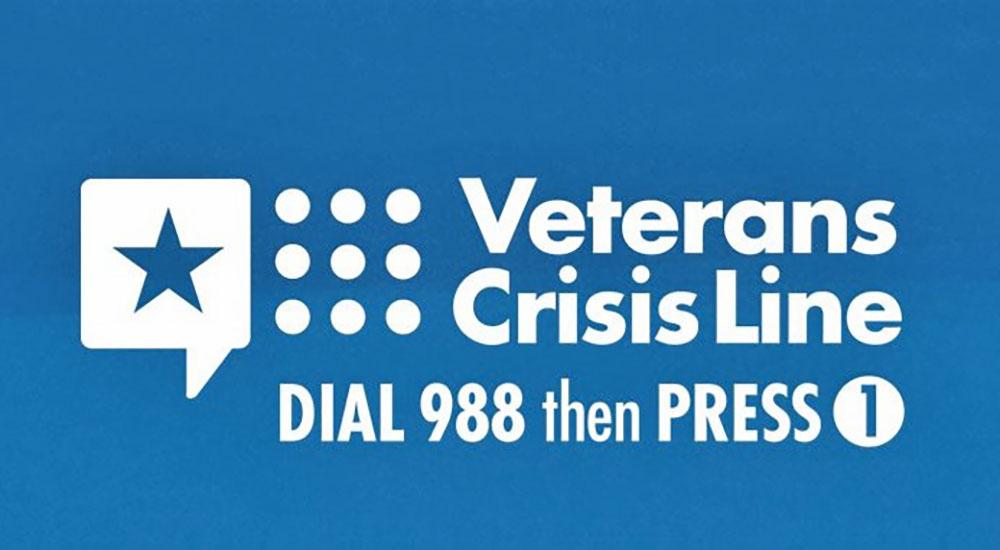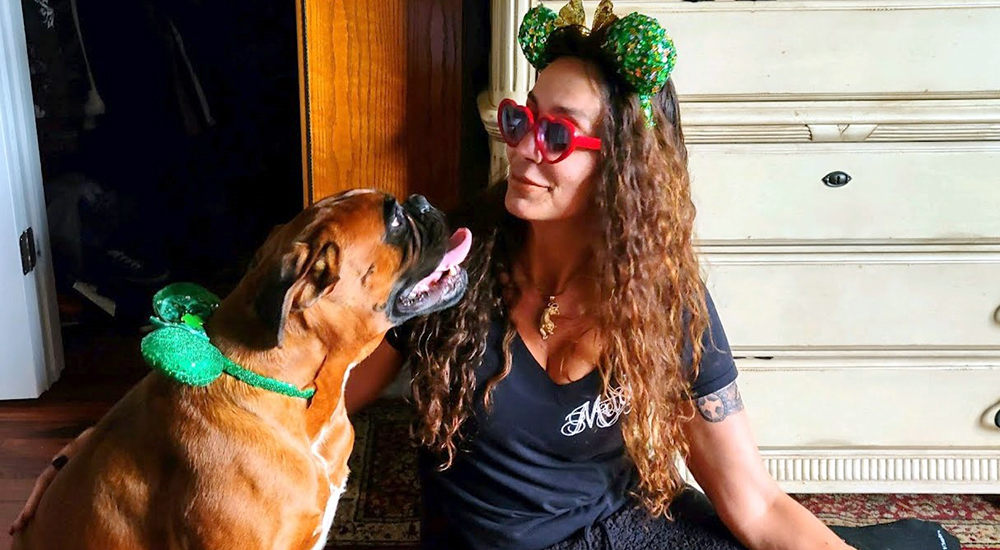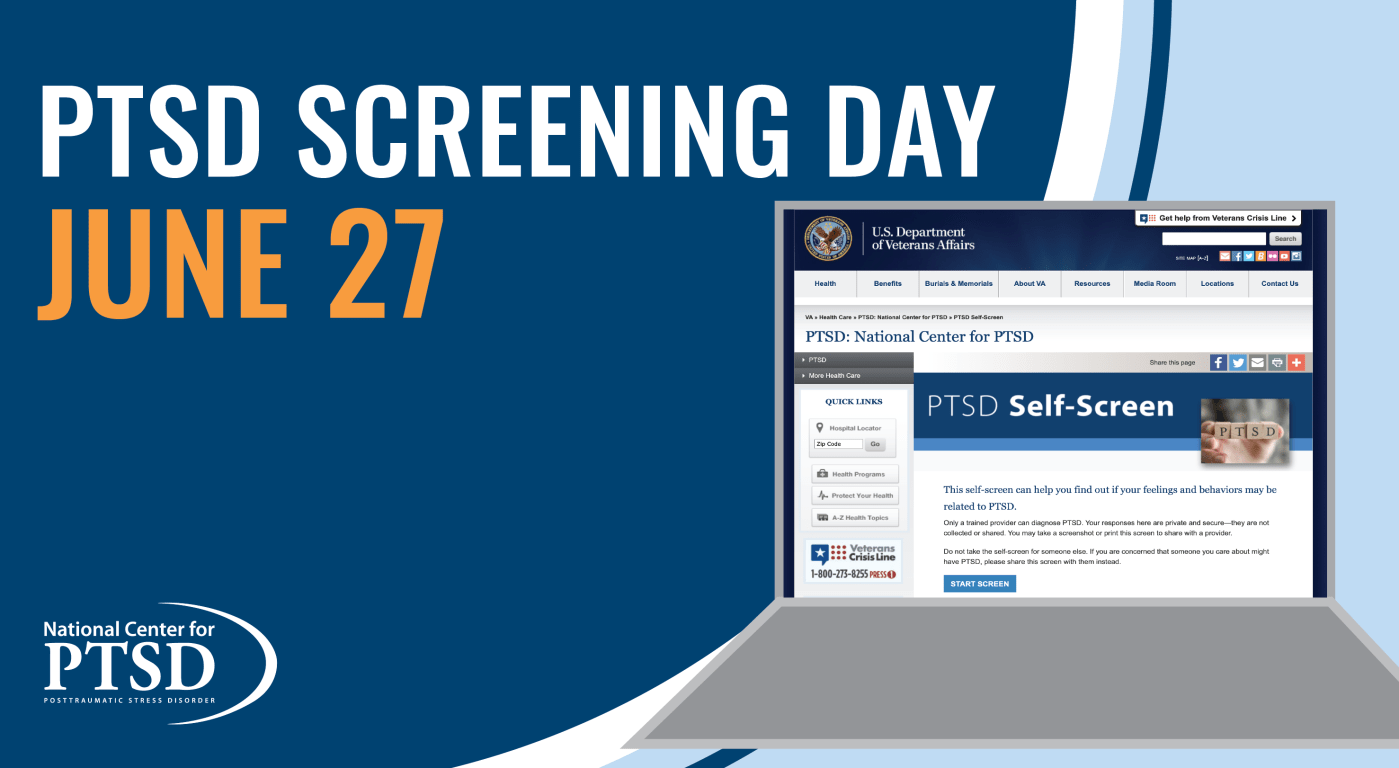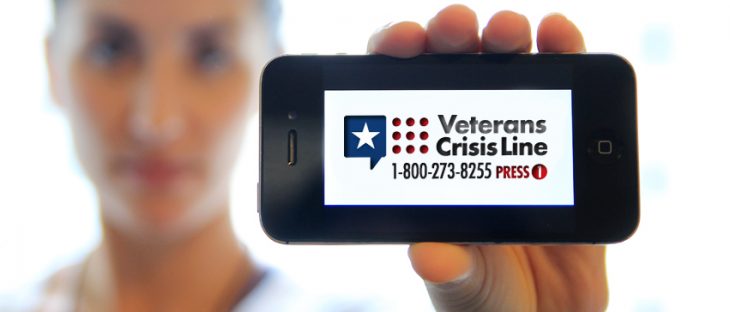VA has awarded $52.5 million to 80 awardees in 43 states, the District of Columbia and American Samoa for community-based suicide prevention services in fiscal years 2022 and 2023.
VA’s latest National Veteran Suicide Prevention Annual Report shows encouraging downward trends in Veteran suicide counts and rates, yet ongoing critical work remains.
September is Suicide Prevention Month. A new PSA encourages women Veterans to reach out for help when needed and to help find the right VA resources.
Dr. Pearl McGee-Vincent discusses PTSD and anger with Dr Margaret-Anne Mackintosh, a clinical psychologist at the National Center for PTSD.
Evidence-based therapies help Veterans recover from depression. Talk with your VA provider to identify the treatment plan that’s best for you.
If drinking alcohol is affecting your life or the life of a Veteran you care about, know that VA has a variety of proven treatments that can help.
Salesforce has launched several new mental health resources and training modules to help Veterans and their families.
Spread the word: New Veterans Crisis Line number. Dial 988 then Press 1. A shorter, easier-to-remember way to get support quickly.
A shorter, three-digit number provides an easier-to-remember way to access the Veterans Crisis Line. You are not alone.
Navy Veteran suffered post-traumatic headaches, severe TBI and anxiety. She found relief at VA’s Polytrauma System of Care in Virginia.
National Center for PTSD is launching PTSD Screening Day, encouraging Veterans who experienced trauma to start a conversation about recovery.
The Veterans Crisis Line (1-800-273-8255) continues to expand and evolve to find the most effective ways to serve.

